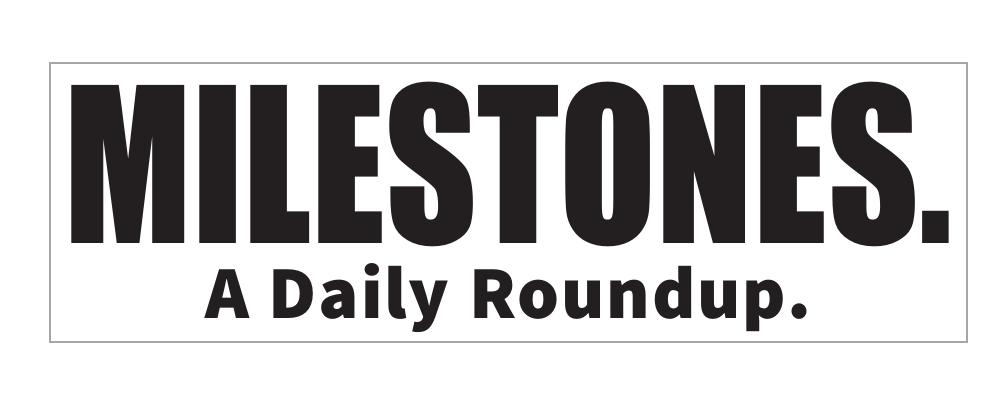Milestones: January 25, 2024

INAUGURAL WINTER OLYMPICS — THE WINTER OLYMPICS MARK THEIR CENTENNIAL ON JAN. 25. The first Winter Olympics were launched at Chamonix in the French Alps, on Jan. 25, 1924. A total of six sports were represented at what was called The “International Winter Sports Week.” Based on its tremendous success, the International Olympic Committee four years later officially designated the Winter Games, staged in St. Moritz, Switzerland, as the second Winter Olympics, held in 1928. A kind of predecessor to the inaugural Winter Olympics was the Nordic Games, which Sweden hosted and in which only Scandinavian countries took part.
Eventually, the Scandinavians agreed to work with the IOC to organize the IOC-sanctioned International Winter Sports Week. Immensely successful and popular about the 16 nations that participated, it led to the formal creation of the Winter Olympics in 2025.
✰✰✰

Brooklyn Boro
View MoreNew York City’s most populous borough, Brooklyn, is home to nearly 2.6 million residents. If Brooklyn were an independent city it would be the fourth largest city in the United States. While Brooklyn has become the epitome of ‘cool and hip’ in recent years, for those that were born here, raised families here and improved communities over the years, Brooklyn has never been ‘uncool’.